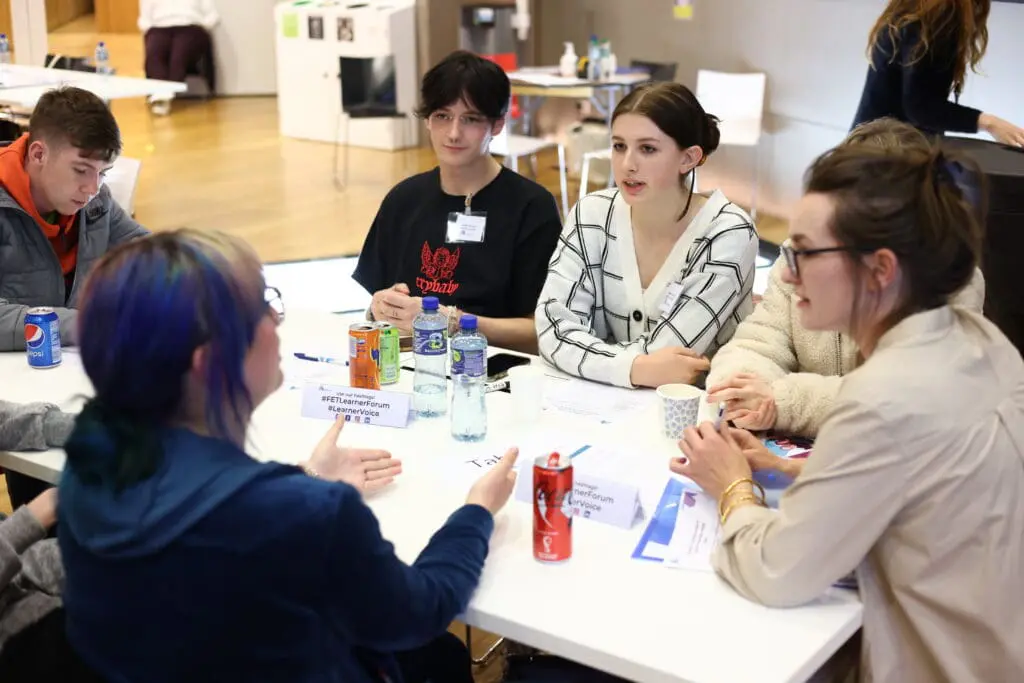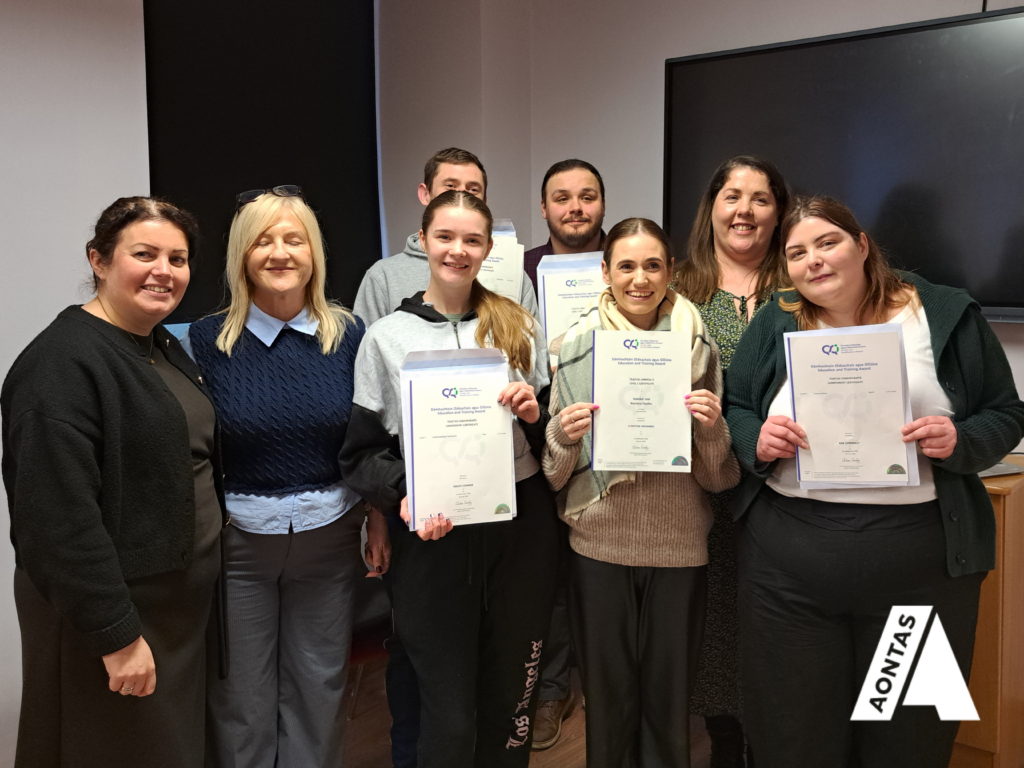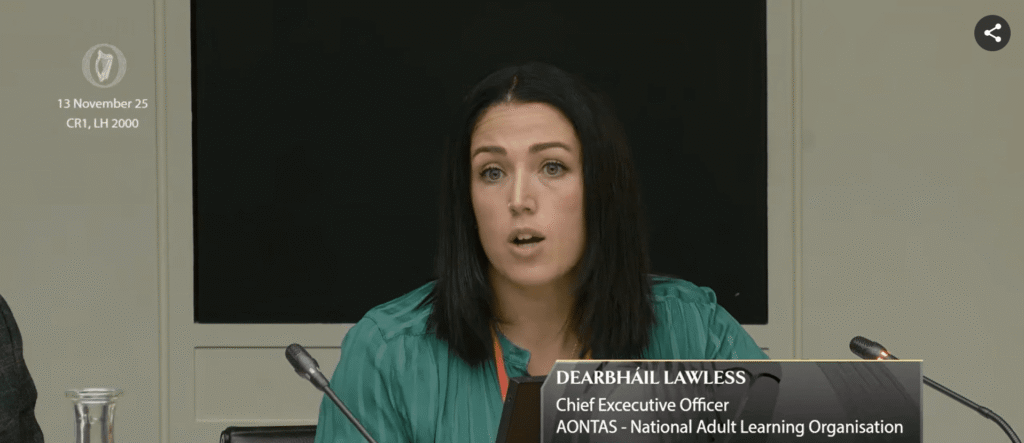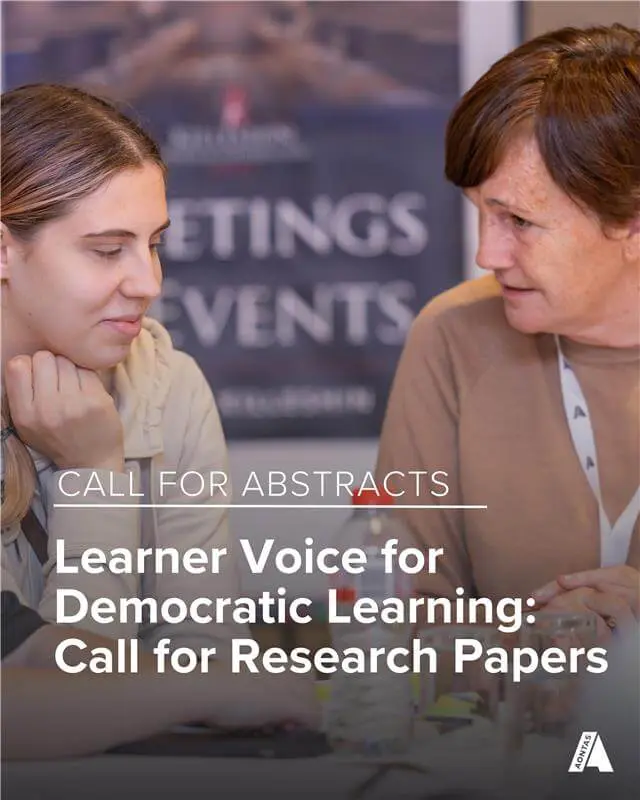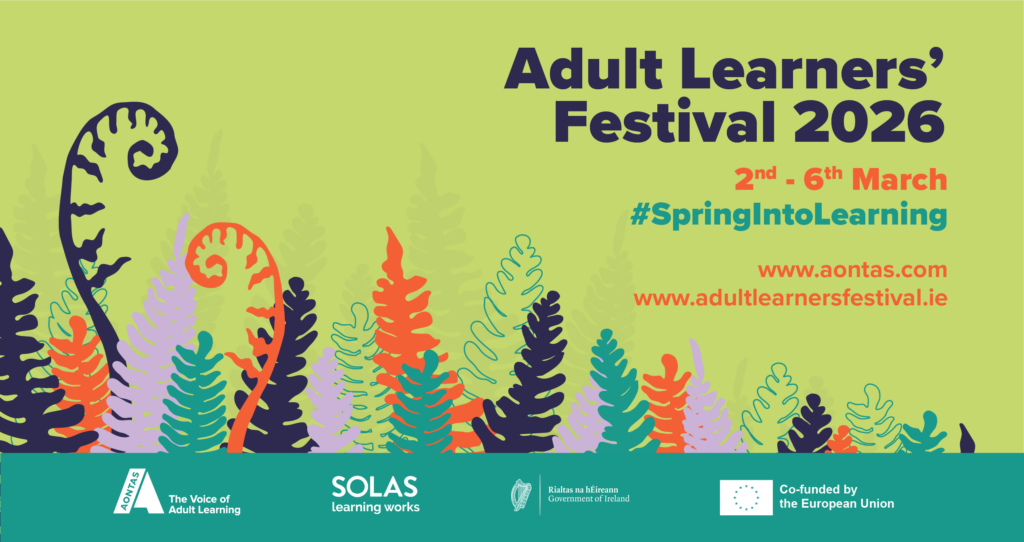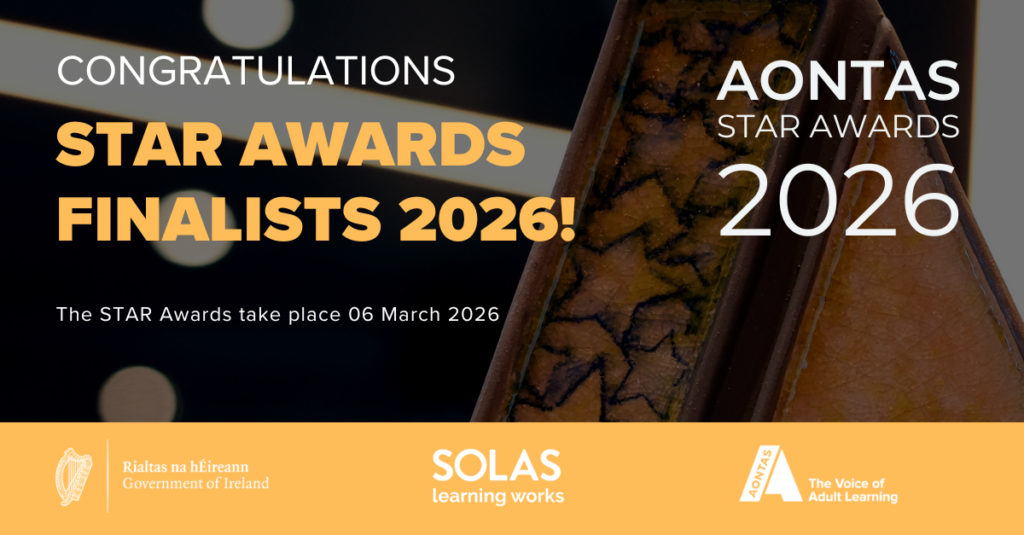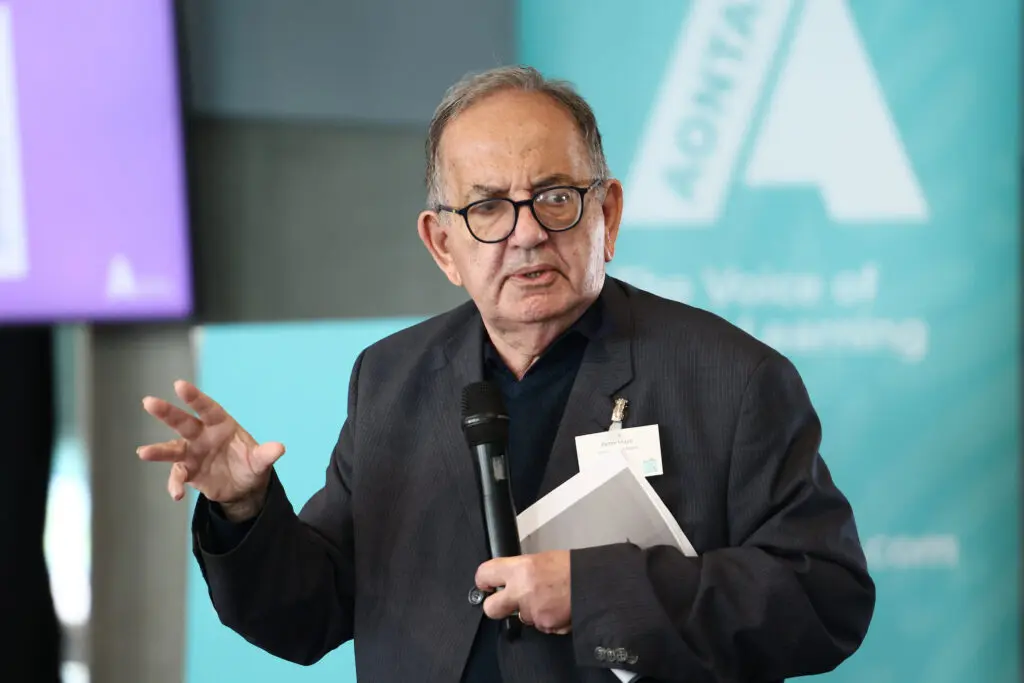We worked with ten of the ETBs to empower over 200 learners to use their voices and share their ideas, and make this process easier, better, and more effective. This was called the FET Learners As Leaders programme.
Learners who took part went on to represent AONTAS at conferences and working groups, so their voices were heard by policymakers in Ireland and internationally, including in the Department of Further and Higher Education, Research, Innovation and Science, and the Conference on the Future of Europe.
This links with our work for the National Further Education and Training (FET) Learner Forum, and our research into the experiences of adult learners when they go back to education. Learner Voice is a concept in education that means that learners should have a say in decisions about their own education. It means that those who learn, not just those who teach, should influence the educational experience.
ETBs recognise how valuable it is to listen to learners and to change things based on what learners say. This increases engagement with courses and makes the work more successful, both for the ETB and for the learners themselves.
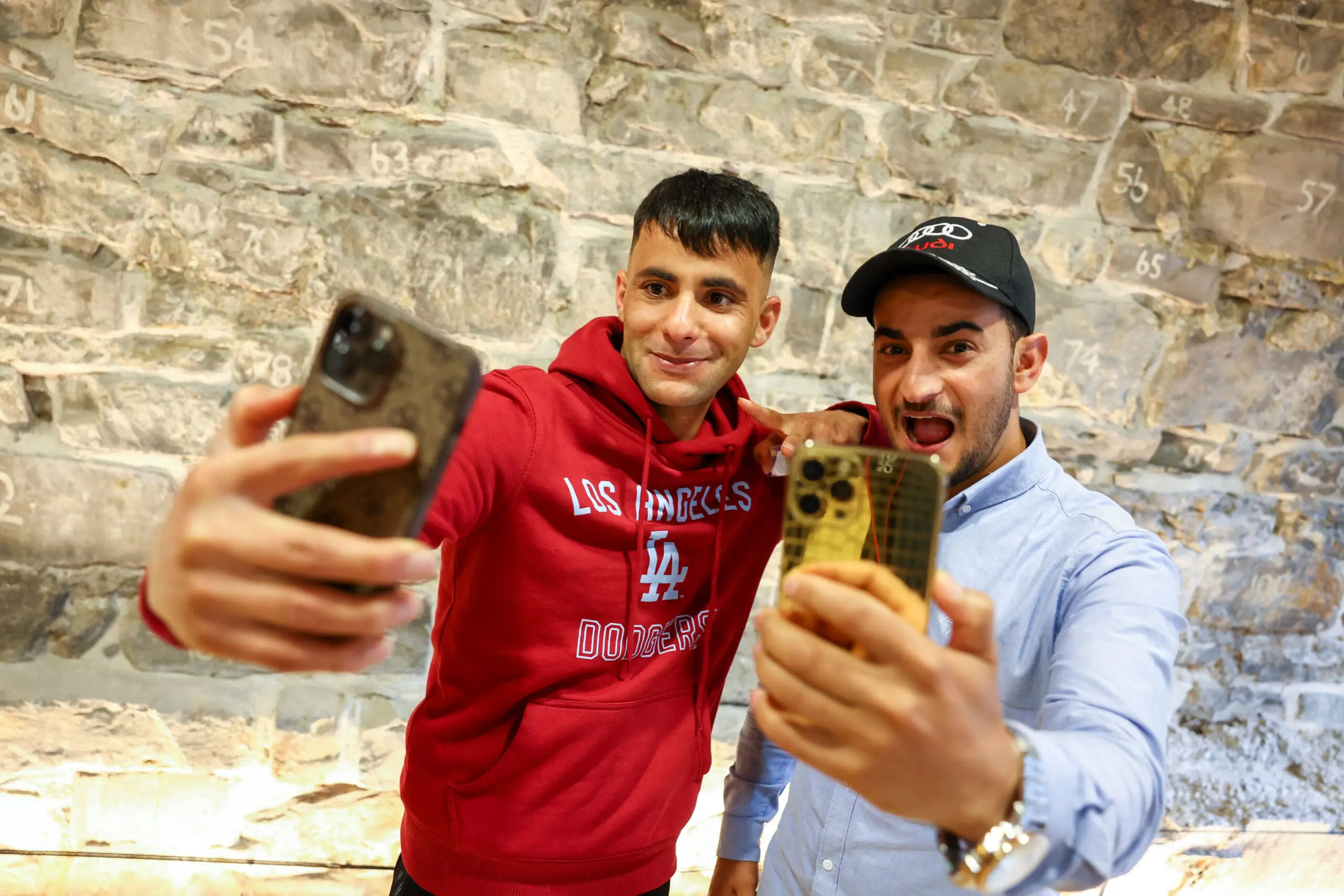 This is why we are working with ETBs across Ireland to create more Learner Voice structures in their centres. This means that the experiences and feedback from learners themselves directly influences how courses are structured and how people actually experience learning every day.
This is why we are working with ETBs across Ireland to create more Learner Voice structures in their centres. This means that the experiences and feedback from learners themselves directly influences how courses are structured and how people actually experience learning every day.
We are bringing FET practitioners and ETB staff together so they can support learners to continue to be leaders in their own communities, working together to make education better for everyone.
We are now working on providing training for FET Practitioners who would like Learner Voice structures to be part of their ETB.
Our recent webinar, “Support FET Learners as Leaders – Peer Learning for FET Practitioners” looked at learner voice structures and processes that ETBs can develop. It featured an input from Cork Education and Training Board’s “Learners’ Voices Working Group,” who shared their experience of setting a learner voice group and how this works.
We hope to work with more ETBs across the country to develop more groups like this, so that learners, ETB staff, and FET practitioners can work together to solve problems and brainstorm new solutions for challenges.
We can provide interactive workshops on what Learner Voice is, on what Learner Representation means, on confidence-building and presentation skills, among others. We want to work with ETBs to create tailored workshops that fit the needs and abilities of each group.
By making learning structures and environments more suitable to the needs of learners, engagement is likely to increase. In working together, we can reach our collective goal of making education accessible to everyone, regardless of their previous experience or their stage of life.
For more information, please contact the AONTAS research team on forum@aontas.com
